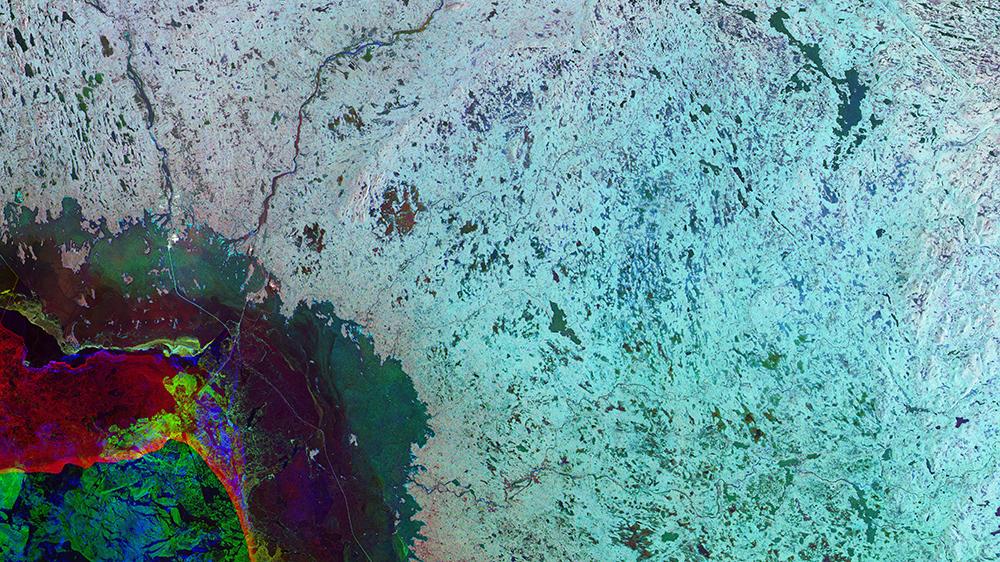European Space Agency ESA
The European Space Agency ESA is an international organisation that promotes co-operation between its Member States in the areas of space research, science, technology and applications. The ESA has 22 Member States, and its headquarters is in Paris.
Finland has been a full member of the ESA since 1995. The ESA is a major forum for European cooperation in research and development. Finland's ESA membership has strengthened our international cooperation in space research and development, enabled Finnish space research groups and the space industry to participate in the world's leading missions in space science and the emergence of new scientific results. Through the ESA, Finnish actors can participate in extensive joint projects and obtain global references.
The ESA's annual budget is EUR 6.49 billion, of which the Member States provide EUR 4.55 billion. Finland's share is approximately EUR 28 million a year.
Some of the ESA funding consists of so-called compulsory contributions, such as basic functions and the science programme, as well as the Guyana Space Centre, for which the Ministry of Economic Affairs and Employment is responsible. The share of compulsory programmes in Finland's ESA budget is approximately EUR 12 million.
Some ESA funding is based on choices based on the national strengths and strategic priorities of the Member States (voluntary programmes). ESA 's voluntary programmes are financed from the budget of Business Finland. Their share of Finland's ESA budget is approximately EUR 16.2 million per year. Finland has participated in programmes for remote sensing, telecommunications, navigation and the safe use of space in particular and also in several scientific programme projects.
According to ESA's industrial policy, participation fees must be returned as the Member States’ companies, research institutes and higher education institutions as country returns. In addition to country returns, the funding facilitates the work of Finns in the organisation and the utilisation of the joint research infrastructure and test environments.
From the beginning of 2023, Finland joined the European Space Agency's manned flights programme
ESA’s Terrae Novae exploration programme is leading Europe’s human journey into the Solar system using robots as precursors and scouts. Exploring space is about travelling farther and coming back with new experiences and knowledge to help us on Earth. Humankind will benefit from the new discoveries, ambitions, science, inspiration, and challenges.
The ESA’s accelerator of new space economy in Finland

Copernicus Sentinel-1 mission takes us over Lapland, the largest and northernmost region of Finland, just in time for Christmas. Photo: ESA

